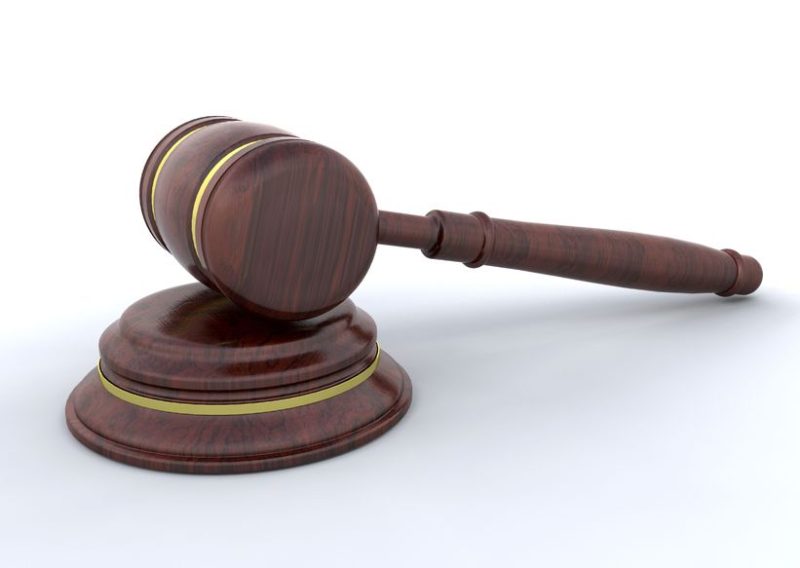Child custody agreements are created to provide structure and stability for children after a divorce or separation. However, life circumstances often change, making it necessary to revisit and adjust these agreements. In Arizona, modifying custody arrangements requires meeting specific legal standards and demonstrating that the change is in the best interests of the child. With the guidance of a child custody lawyer or experienced family law attorney, parents can navigate this process more effectively.
This article explores when modifications are appropriate, how the legal system handles these requests, and what role family law lawyers play in achieving fair outcomes.
When Can Custody Agreements Be Modified?
Arizona courts take child custody matters very seriously. Once an order is in place, it cannot be changed arbitrarily. A parent seeking modification must typically show a substantial and continuing change in circumstances. Common reasons include:
-
Relocation: A parent moves to a new city or state, impacting the current custody arrangement.
-
Work Schedule Changes: New employment hours may require adjustments to parenting time.
-
Child’s Needs: As children grow, their educational, medical, or social needs may evolve.
-
Safety Concerns: Allegations of abuse, neglect, or substance abuse can justify immediate changes.
-
Parental Cooperation: If one parent consistently violates the current order, modifications may be requested.
These reasons highlight why courts focus on whether the existing arrangement still serves the child’s best interests.
The Legal Process for Custody Modification
Modifying custody in Arizona involves several legal steps:
1. Filing a Petition
The process begins when a parent files a petition with the court requesting modification of custody or parenting time. This petition must outline the reasons for the change and provide supporting evidence.
2. Serving the Other Parent
The other parent must be formally notified of the petition, ensuring both parties have the opportunity to present their perspectives.
3. Court Review and Hearings
The court may schedule hearings to review evidence and hear testimony. In some cases, mediation may be ordered to encourage parents to reach an agreement outside of trial.
4. Court Decision
Ultimately, the judge will decide whether modification is warranted. The decision is always based on the child’s best interests, considering factors such as stability, parental involvement, and the child’s own wishes (depending on age and maturity).
A child custody lawyer plays a critical role in preparing petitions, gathering evidence, and advocating for parents during hearings.
How Family Law Attorneys Can Help
Working with a family law attorney provides several advantages during the modification process:
-
Legal Guidance: Explaining Arizona custody laws and what qualifies as a substantial change in circumstances.
-
Documentation: Ensuring all filings are complete and submitted on time.
-
Evidence Gathering: Collecting records, witness testimony, or expert evaluations to support the case.
-
Negotiation: Helping parents reach agreements through mediation or settlement discussions.
-
Court Representation: Presenting arguments clearly and persuasively before the judge.
Because custody matters affect children directly, courts expect well-prepared and well-supported arguments before approving any changes.
The Role of Family Law Lawyers in High-Conflict Cases
Not all custody modifications are straightforward. In high-conflict cases, one parent may strongly resist changes or allege misconduct by the other parent. Family law lawyers are especially valuable in these situations, as they can:
-
Address false allegations.
-
Request temporary emergency orders if a child’s safety is at risk.
-
Ensure that proceedings remain focused on the child’s best interests.
-
Work with professionals such as child psychologists or social workers to provide credible testimony.
These additional steps are critical in protecting children and ensuring fair resolutions.
Best Interests of the Child Standard
In every modification request, Arizona courts rely on the “best interests of the child” standard. Factors considered include:
-
The child’s adjustment to home, school, and community.
-
The mental and physical health of all parties involved.
-
The child’s relationship with each parent.
-
Whether one parent is more likely to support ongoing contact with the other parent.
-
Any history of domestic violence or substance abuse.
Parents seeking modification must demonstrate how the requested changes will improve the child’s overall well-being.
Why Legal Representation Matters
Attempting to modify a custody agreement without legal assistance can be challenging. Courts require strong evidence, persuasive arguments, and adherence to strict procedures. A child custody lawyer or family law attorney ensures that petitions are properly supported and that parents understand their rights and responsibilities throughout the process.
For families in Arizona, turning to a reliable law firm can provide access to attorneys who handle child custody cases regularly and understand the complexities of family law. Their experience can make a meaningful difference in achieving outcomes that prioritize children’s needs.
Final Thoughts
Custody arrangements are designed to provide stability, but life often brings changes that require adjustments. Modifying a custody agreement in Arizona involves proving significant changes and demonstrating that the modification serves the best interests of the child. By working with a child custody lawyer, supported by experienced family law lawyers, parents can approach the process with confidence and clarity.
In the end, the focus remains on protecting children and ensuring they receive the support and stability they deserve. Legal guidance ensures that modifications are pursued thoughtfully, responsibly, and in accordance with the law.



